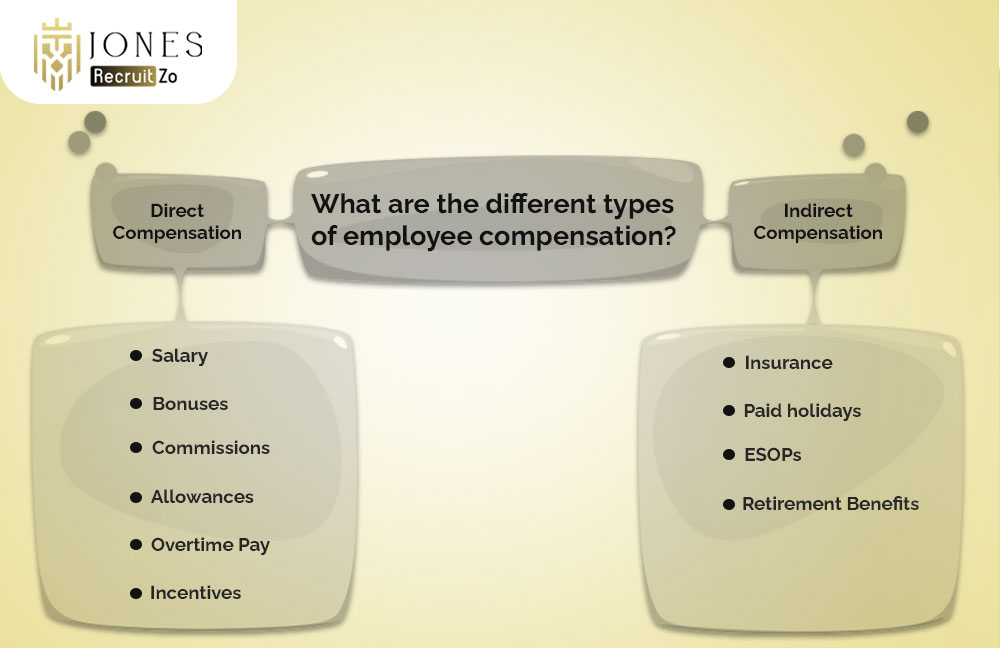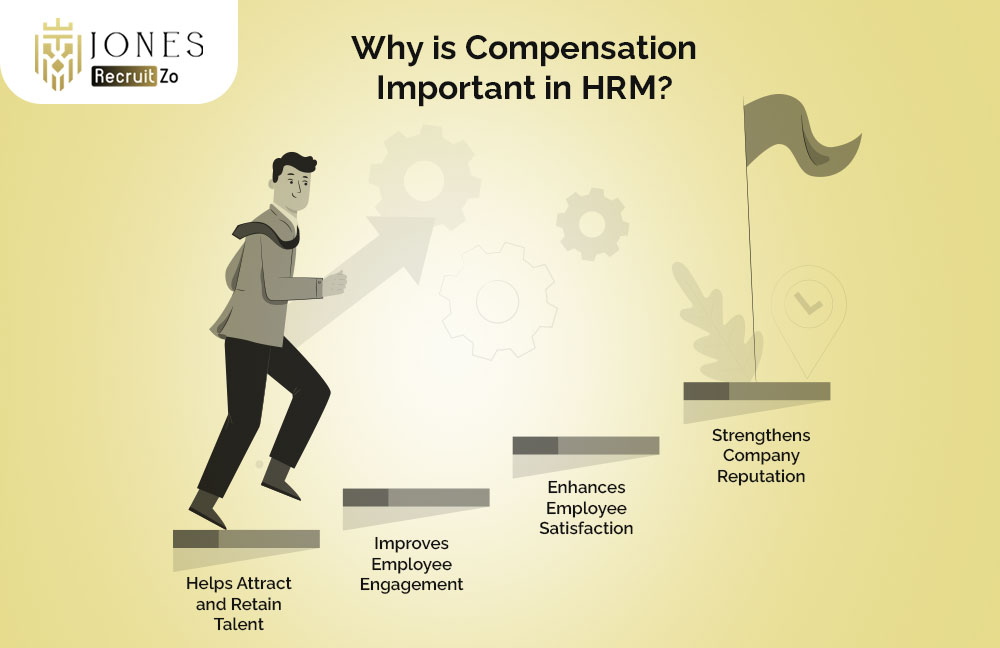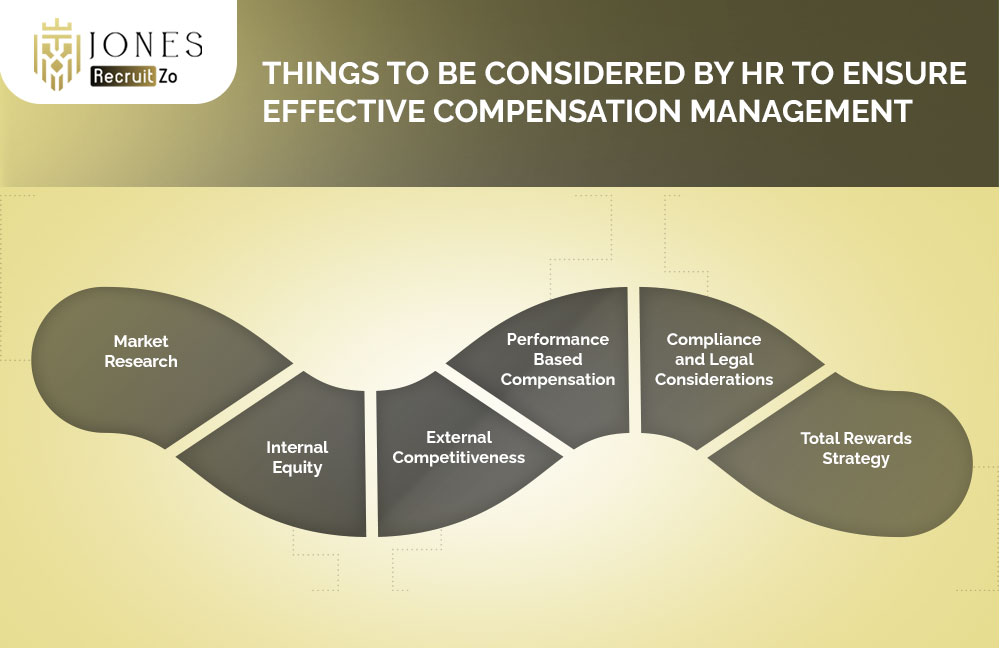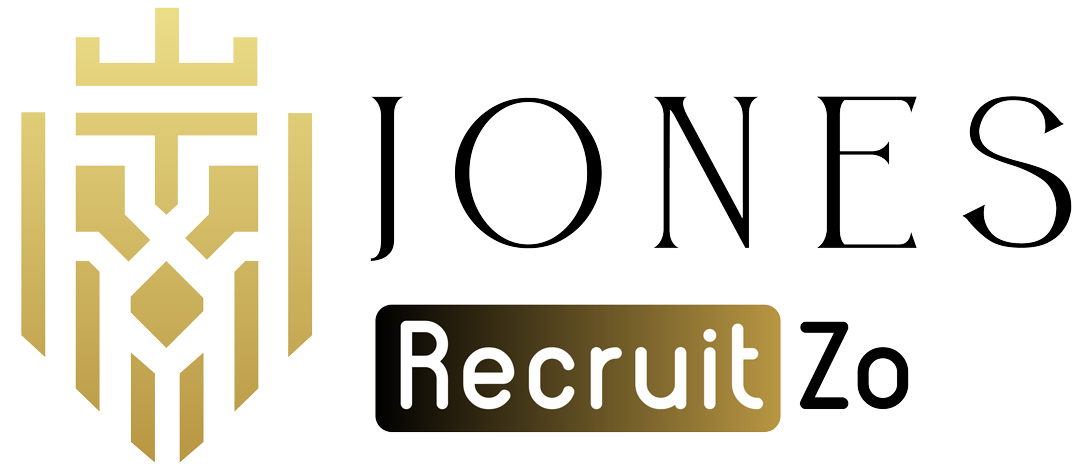What is compensation in Human Resource Management (HRM)?
Compensation in Human Resource Management (HRM) encompasses the full range of monetary and non-monetary rewards that employees receive for their contributions. This includes salaries, bonuses, commissions, benefits, and perks that enrich the overall work experience. A thoughtfully designed compensation strategy is essential for attracting and retaining top talent, as it acknowledges the value employees bring to the organization.
A well-structured compensation plan is crucial for attracting and retaining talent. Employees who feel adequately compensated are generally more motivated and engaged. When organizations take the time to craft competitive compensation packages, they signal to their employees that they value their contributions, which can lead to higher levels of job satisfaction and loyalty.
What are the different types of employee compensation?
There are two main types of employee compensation: direct and indirect compensation, each playing a crucial role in rewarding and motivating employees effectively.

Direct Compensation
Direct compensation refers to the monetary rewards that an employee receives directly from their employer. This category encompasses various components:
-
Salary
The most common form of direct compensation is salary. Organizations typically establish salary structures based on industry standards, job roles, and employee experience. A competitive salary is crucial for attracting talent, as it reflects the organization’s commitment to valuing its employees.
-
Bonuses
Bonuses are additional financial rewards given to employees for exceptional performance or achieving specific goals. They can be awarded annually, quarterly, or even monthly, depending on the organization’s policies. Bonuses serve as incentives that motivate employees to exceed their performance targets.
-
Commissions
For employees in sales or similar roles, commissions form a significant part of their compensation in HRM. Commissions are typically a percentage of the sales made by an employee, directly linking their earnings to their performance. This type of compensation encourages employees to maximize their efforts and drive sales.
-
Allowances
Allowances are another form of direct compensation that can include various benefits like travel, housing, or meal allowances. These allowances can significantly enhance an employee’s overall financial package and improve job satisfaction.
-
Overtime Pay
Pay is given when one works for hours over the usual work schedule at some higher rates.
-
Incentives
Incentives are paid when certain activities fulfil performance standards for encouraging particular behaviours or outcomes.
Indirect Compensation
While direct compensation is essential, indirect compensation plays a vital role in the overall compensation strategy. Indirect compensation includes non-monetary benefits that contribute to an employee’s quality of life and job satisfaction.
-
Employee Benefits
Employee benefits encompass a variety of offerings, including health insurance, retirement plans, paid time off, and wellness programs. These benefits can improve employee morale and contribute to a positive workplace culture, making them a critical component of compensation management in HRM.
-
Pay for Time Worked
Compensation for time worked, such as overtime pay and holiday pay, is another form of indirect compensation. This ensures that employees are fairly compensated for their time and effort, which can lead to increased loyalty and satisfaction.
-
ESOPs
Employee Stock Ownership Plans allow employees to take an ownership interest in the company.
Why is Compensation Important in HRM?

Compensation plays a vital role in human resource management by influencing employee behaviour and organisational success. Below are key reasons why compensation is important in HRM.
-
Helps Attract and Retain Talent
A lucid wage system is important so as to attract the crème-de-la-crème in the competitive job market. It also assists in keeping talented employees who could have otherwise been tempted by better offers.
-
Improves Employee Engagement
Fair compensation motivates the employees and makes them feel somehow involved in the work at hand, thereby improving engagement levels and creating a good feeling in pursuit of organisational goals.
-
Enhances Employee Satisfaction
Fair and transparent compensation creates job satisfaction. An employee that feels valued will most likely show some allegiance and enthusiasm towards their work.
-
Strengthens Company Reputation
Organisations renowned for their fairness and generosity on the issue of pay carry a favourable employer brand. Such a reputation helps them attract suitably qualified candidates who then view the company as an interesting place to work.
How is compensation management determined?
Compensation management is determined depending on strategic planning, market considerations, and internal factors. Accordingly, the HR managers adjust such items or factors as job content, years of experience, prevalent level, and financial constraint.
They may have also examined the interests of the people and teams, plus business goals and employee expectations, in drawing up an acceptable compensation structure that is competitive and sustainable. This version of compensation management is aligned to other organisational strategies, while being fair.
Things to be considered by HR to ensure effective compensation management

-
Market Research
To be able to determine the compensation package, HR has to be versed on what is paid in the industry. Frequent benchmarking attempts are necessary to determine that salary structures are or will always be competitive and fair in relation to the pay offered by other firms or organisations for essentially the same jobs.
-
Internal Equity
It means ensuring employees with similar responsibilities, experience, and performance levels are paid equally. This brings down conflicts and builds a culture of trust and fairness.
-
External Competitiveness
External competitiveness is how a pay package offered by a company fares in comparison to offers from other companies in the industry. Being competitive helps prevent the loss of talent and enhances recruitment.
-
Performance-Based Compensation
Linking pay to performance motivates employees to produce good results. The rewarding of accomplishments further supports a culture of excellence and accountability.
-
Compliance and Legal Considerations
The HR department must ensure that all compensation practices comply with national and local labour laws. This means that minimum wage laws, overtime rules, and equal pay laws must be followed to minimise the risk of having legislation and reputation tied to compensation practices.
-
Total Rewards Strategy
A total rewards strategy accounts for both tangible and intangible benefits that will probably satisfy the tastes of the working population. It is mainly concerned with the entire value that employees get from the organisation, as opposed to just salary.
What is Compensation Management Software?

Compensation management software is a tool that organizations use to streamline and automate their compensation processes. This software assists HR professionals in designing compensation plans, managing payroll, and ensuring compliance with compensation regulations. With the help of this technology, organizations can analyze compensation data, make informed decisions, and adjust their compensation strategies as needed.
Using compensation management software can improve efficiency, reduce errors, and provide valuable insights into compensation trends. It enables HR departments to focus on strategic initiatives rather than getting bogged down by administrative tasks, ultimately leading to better employee engagement and satisfaction.
Compensation Rules and Regulations
Compensation management is also governed by various rules and regulations to ensure fairness and compliance. These regulations include labor laws, minimum wage requirements, and guidelines on overtime pay. Organizations must remain vigilant about these regulations to avoid legal repercussions and to ensure that their compensation strategies are equitable.
In conclusion, compensation in HRM is a multifaceted concept that plays a vital role in an organization’s success. By understanding what is compensation in HRM, organizations can design effective compensation strategies that not only attract and retain top talent but also foster a motivated and engaged workforce. From direct compensation like salaries and bonuses to indirect benefits such as employee wellness programs, each component of compensation contributes to an employee’s overall experience.
Moreover, with the help of compensation management software, organizations can streamline their compensation processes and adhere to the necessary regulations, ensuring a fair and motivating work environment for all employees. As the job market evolves, the importance of competitive and well-structured compensation strategies will continue to grow, making it an essential area for HRM professionals to focus on.
FAQs
1) What is the Compensation in HRM?
Compensation in HRM refers to the total rewards, both financial and non-financial, that employees receive in exchange for their work. This includes salaries, bonuses, commissions, and various benefits like health insurance and paid time off. It plays a crucial role in recognizing employees’ contributions and enhancing their overall job satisfaction.
2) What is the Importance of Compensation in HRM?
Compensation is vital in HRM as it directly influences employee motivation, satisfaction, and retention. A competitive compensation package helps organizations attract top talent and fosters a positive work environment. Additionally, it aligns employee performance with organizational goals, promoting overall business success.
3) What is the Importance of Compensation?
Compensation is essential as it provides employees with a sense of value for their contributions, impacting their engagement and loyalty to the organization. It serves as a motivating factor that encourages employees to perform at their best. Moreover, a well-structured compensation strategy helps maintain equity and fairness within the workplace.
4) What is the rules and regulations in compensation?
Compensation is governed by various laws and regulations to ensure fairness and compliance, such as minimum wage laws, overtime pay guidelines, and labor regulations. Organizations must adhere to these rules to avoid legal repercussions and maintain equitable compensation practices. Staying updated with these regulations is crucial for HR professionals to ensure fair treatment of all employees.















